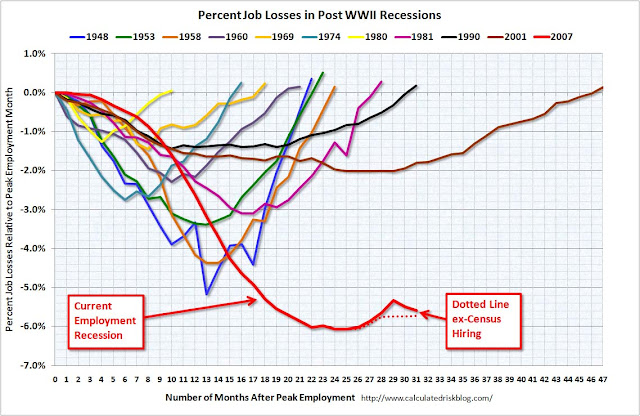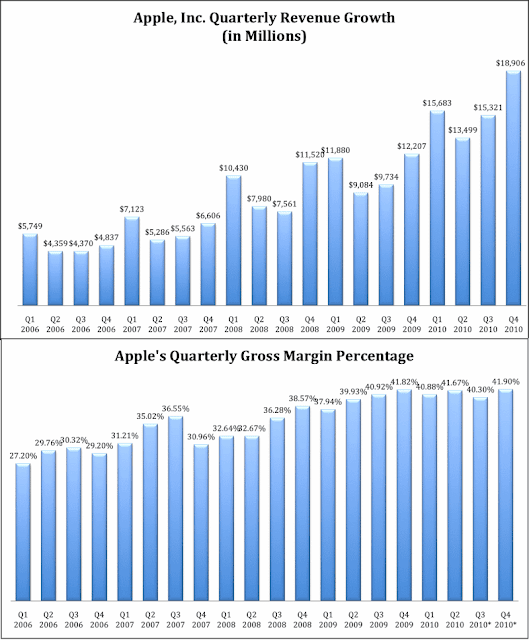The Drug Trade & the Bogus War on Drugs Afghan Opium Production - Druglords Back in Control? (source: " U.S.-built bridge is windfall — for illegal Afghan drug trade ," Tom Lasseter, McClatchy Newspapers. June 28, 2009. Original image edited to show Afghan chart only.) Mexican Drug Cartels and Drug Flow (source: Stratfor. Image downloaded from unknown source ) We may be witnessing the final stage, a failure, in the so-called "war" on drugs. As the Afghan opium production numbers show, things are getting totally out of control. Admittedly the chart only goes up to 2008 and I think it did drop in the last year but contrary to what some claim, I believe the drop was due to the economic recession than any success in combating drugs. In what can only be characterized as shocking, and something that would have been thought impossible even 6 months ago, the Mexican president, who is very anti-drugs and has sacrificed the lives of many drug agents, police o
+-+201034inc148.gif)
.gif)

.jpg)



